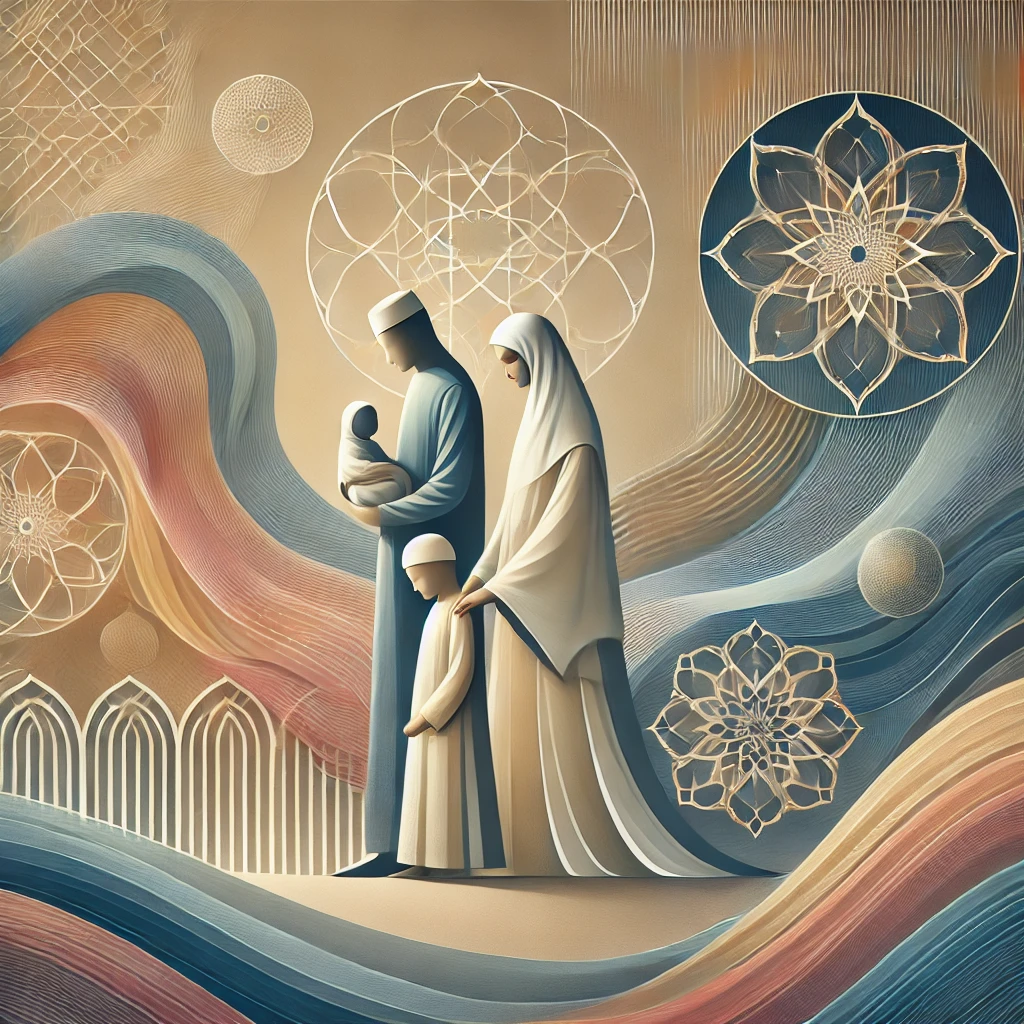Prophet Abraham (Ibrahim) is one of the most significant figures in Islamic belief, symbolizing the concept of monotheism (Tawhid) and complete submission to Allah. He is known for his unwavering faith in Allah, his firm stance against idolatry, and his absolute obedience to divine commands despite immense challenges. In Islamic tradition, Abraham is referred to as a “Hanif,” a term denoting someone who solely believes in the oneness of Allah and does not associate any partners with Him. His life is filled with events that exemplify the power of faith, submission, and patience.
One of the most remarkable events in Abraham’s life is his confrontation with idolatry during his youth. While his people worshipped idols, Abraham realized that these idols could neither harm nor benefit them and declared the existence and oneness of Allah. His people rejected his views and subjected him to various forms of persecution to silence him. However, Abraham never wavered in his faith and steadfastly continued to advocate the belief in the oneness of Allah. This event demonstrates the strength and depth of monotheism, teaching that a believer must uphold their faith in the face of all adversities.
One of the greatest tests in Abraham’s life was when Allah commanded him to sacrifice his son, Ishmael (Ismail). This event represents the highest level of submission and faith in Allah. When Allah commanded Abraham to sacrifice his son, he did not hesitate to obey. Ishmael also willingly submitted to his father’s decision and the command of Allah. However, as a testament to Abraham’s great faith and willingness to make such a profound sacrifice, Allah replaced Ishmael with a ram for the sacrifice. This event forms the basis of the Islamic festival of Eid al-Adha (Kurban Bayramı) and is regarded among Muslims as a symbol of submission and sacrifice for Allah.
Abraham’s unwavering faith and devotion to Allah are evident throughout his life. He fulfilled every command of Allah without question. He called his people to believe in Allah and sought to guide them away from idolatry. His struggle emphasizes the importance of monotheism in human life. Abraham believed in Allah alone, worshipped Him alone, and dedicated his life to earning Allah’s pleasure. His story serves as a guide for Muslims, containing lessons in devotion, patience, sacrifice, and submission to Allah.
The construction of the Kaaba is another significant aspect of Abraham’s life. Allah commanded him and his son Ishmael to build the Kaaba. Together, they constructed this sacred house, establishing it as a center for the worship of Allah. This process of construction became a symbol of monotheism and worship in Islam. The Kaaba remains the qibla (direction) for Muslims during prayers and a symbol of unity. Abraham and Ishmael’s devoted effort underscores the importance of dedication and service in the path of Allah.
In conclusion, Prophet Abraham is a central figure in Islamic history, representing monotheism and submission to Allah. His life offers profound examples of faith, patience, and sacrifice. Abraham stood firm in his beliefs, confronted idolatry, and obediently followed Allah’s commands, serving as a guide for Muslims. His story reminds Muslims of the significance of devotion, patience, and faith in their lives. The life of Prophet Abraham teaches Muslims how to live out their love and loyalty to Allah.










